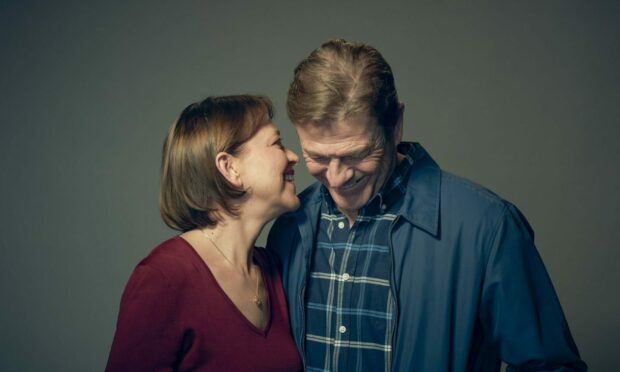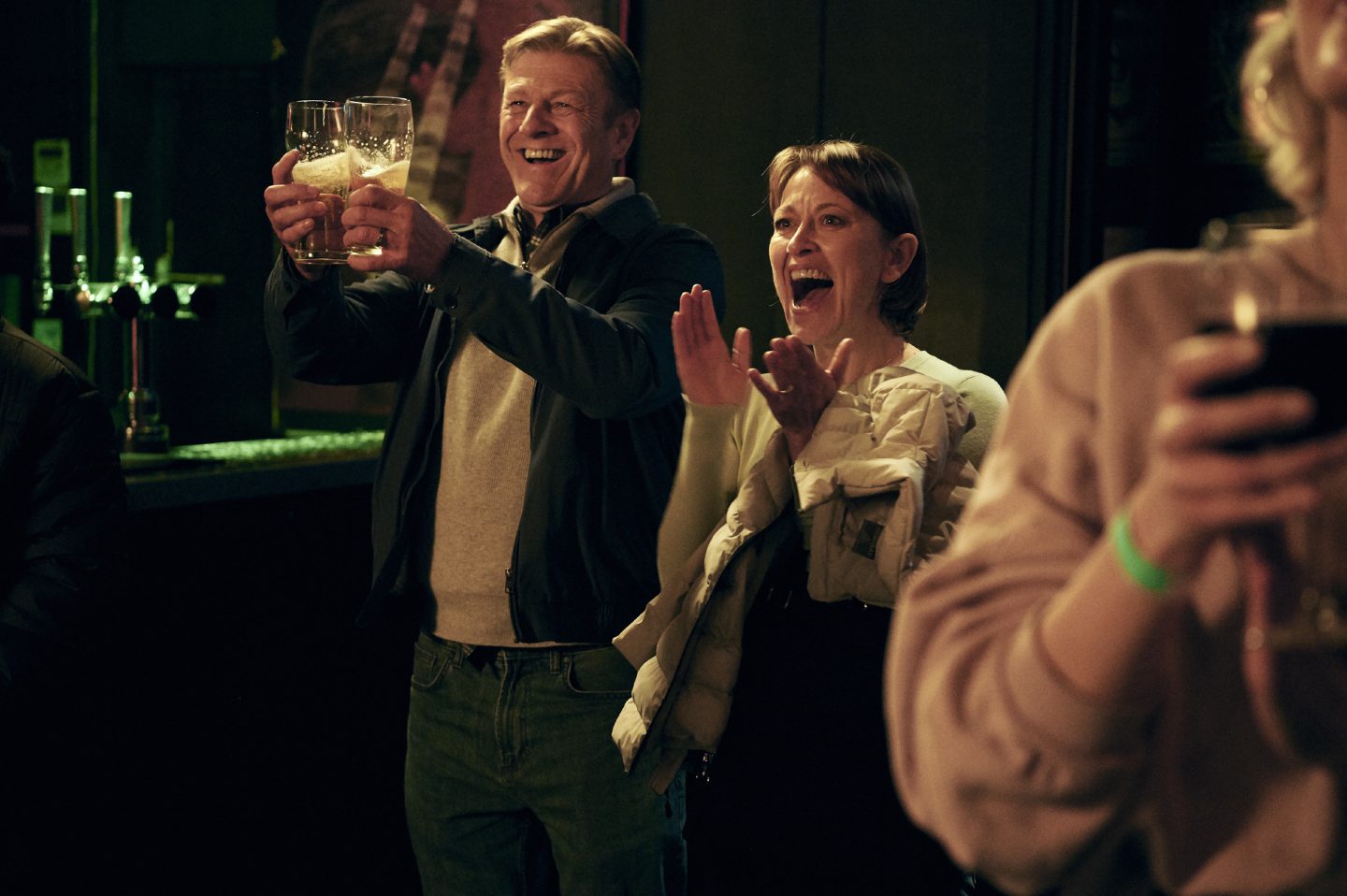The new four-part drama Marriage (BBC1) isn’t full of plot twists or cliffhangers but its pin-sharp portrait of domestic drudgery and what it means to be in a long-term relationship felt authentic.
I’ve heard criticism that the series is dull and that the long, often wordless, scenes where we observe Emma and Ian (Nicola Walker and Sean Bean) going about their daily chores are needlessly elongated and do little to further the plot, but that seems to miss the point.
As audiences, we’re conditioned to expect characters in TV drama to verbalise their inner problems or act in a way that makes them obvious.
Marriage acknowledges that in the real world this doesn’t happen – particularly if the inner problems or conflicts are low-stakes and petty, as they mostly are in Marriage.
It’s the little micro-moments that are sprinkled throughout the series that really add up to create a portrait of a couple we’ve rarely seen outside the work of Mike Leigh.
Like the fleeting irritation when Ian gets told he must go to the neighbours to pick up a parcel, or the tetchiness when Emma won’t take down her umbrella despite Ian’s insistence it had stopped raining.
These are tiny exchanges that have no bearing on plot, but the fact they are included speaks volumes about writer-director Stefan Golaszewki’s observational skills.
It’s certainly a risky strategy because for every viewer like me who appreciates the slow and understated approach to story and character, there will be others who just see it as a pointless exercise in empty nothingness that only reinforces that real life is boring.
For me, though, it’s the fact that Marriage doesn’t abide by the rules and rhythms of what we expect from TV drama that makes it particularly refreshing and something special.


Conversation